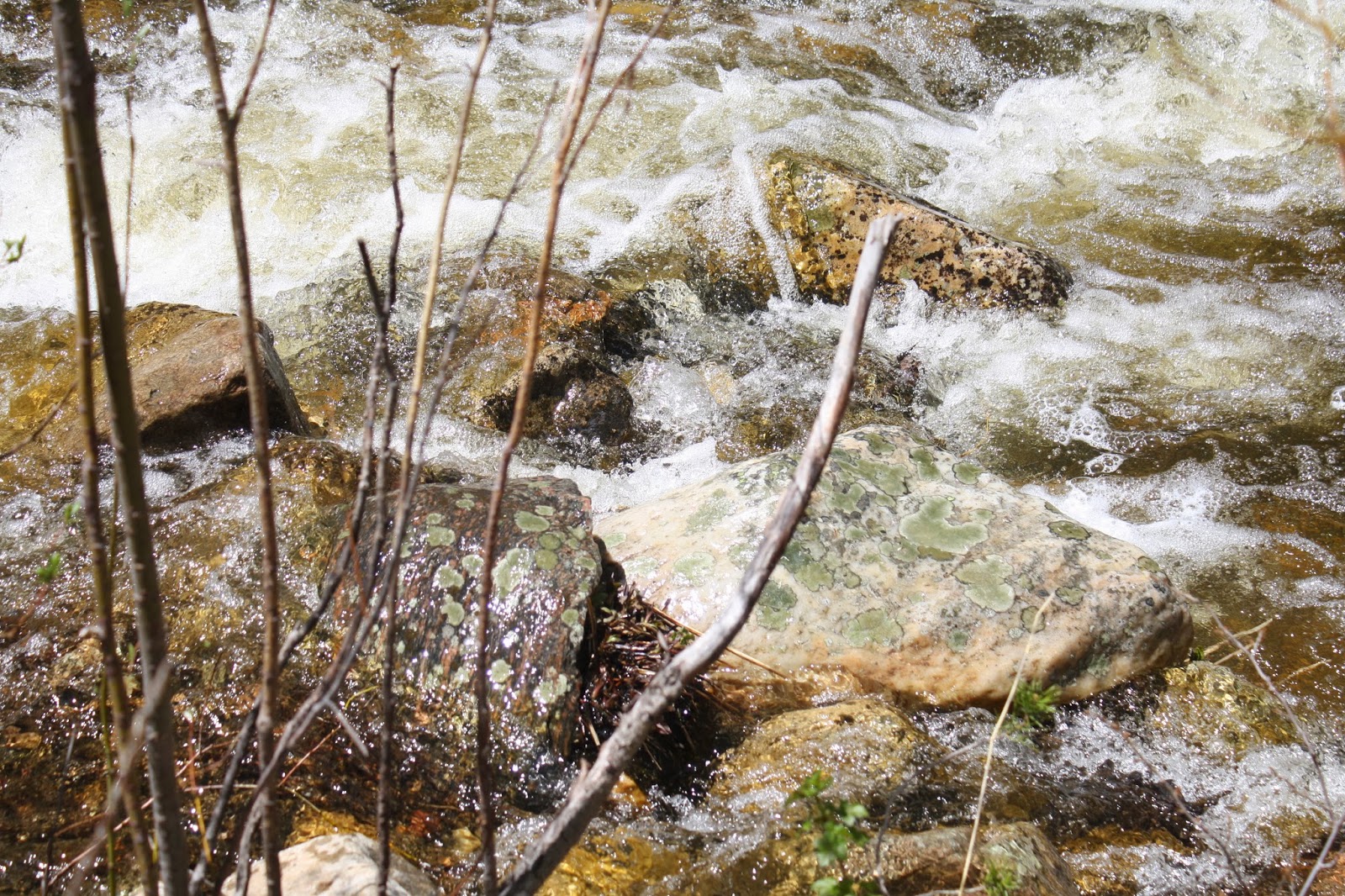Retta Hudlow, a sixth grade science teacher in Pinedale,
Wyoming was one of the first teachers to use the CI-WATER Teaching Toolbox in
her classroom.
| Hydropoly game |
The toolbox includes a manual with multiple lesson plans for
various age groups and the equipment needed to conduct lessons and experiments
in the manual. There are games, books,
models and more to help students learn about everything from water modeling to
human use and impact on water.
The toolbox is designed for Utah and Wyoming K-12 teachers,
students and community groups. The experiments and lessons provided in the
toolbox meet state education standards.
“The Next Generation Science Standards include standards on
the water cycle, groundwater resources, human impact, modeling particle motion
in different states, along with scientific and engineering processes,” says
Retta. “The toolbox addresses many parts of these standards.”
The toolbox gave Retta an opportunity to add to the
curriculum she was already teaching.
Retta has enjoyed using the toolbox and knows that her
students have learned a lot with their time using the toolbox.
“They have learned a great deal about water. Their pre- and
post-test scores were impressive,” she says.
For more information about the toolbox, please visit the
CI-WATER website or contact Beth Cable at bcable@uwyo.edu
or 307-766-3544.
By Robin Rasmussen
Photos by Kali McCrackin
Photos by Kali McCrackin
